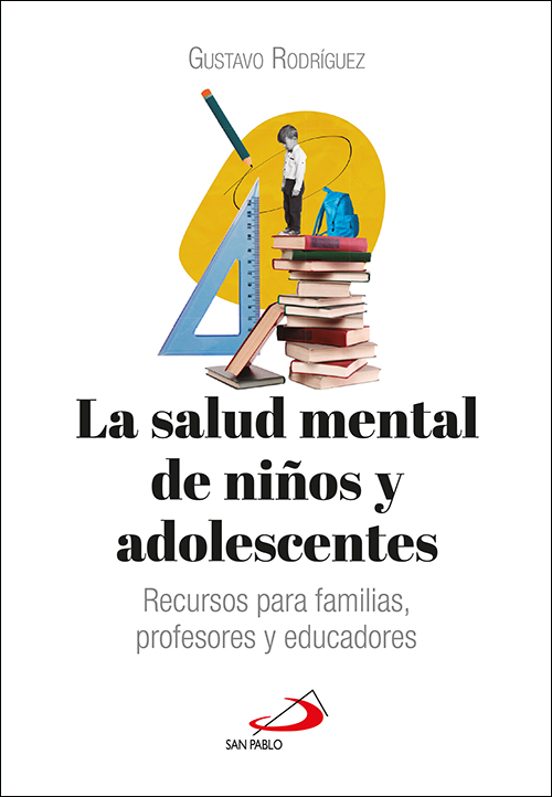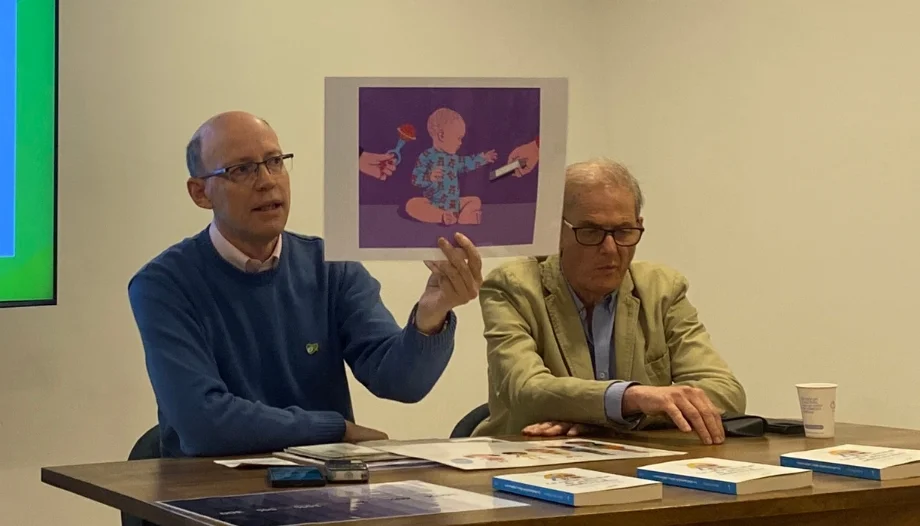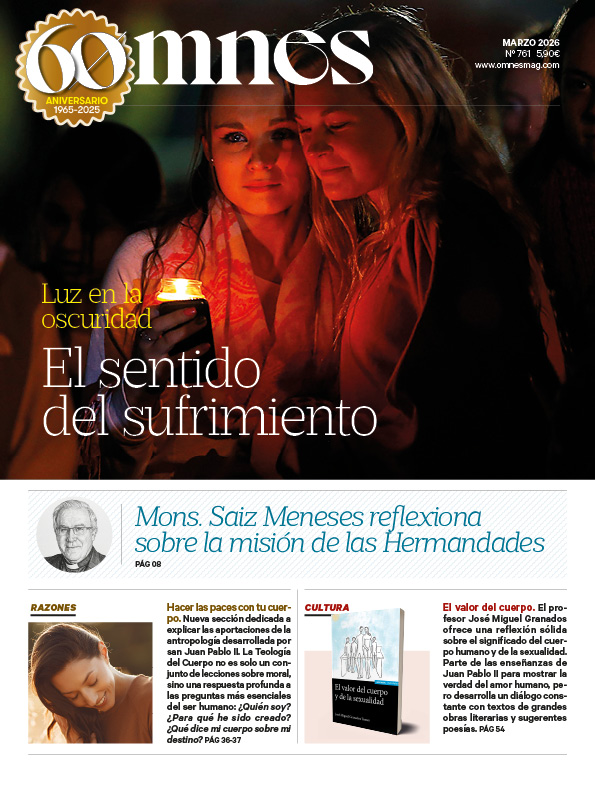A few days before the celebration of World Mental Health Day next Friday, the association "Teléfono de la Esperanza" has presented today at its headquarters in Madrid the book "La salud mental de niños y adolescentes", by the doctor in Psychology Gustavo Rodriguez, published by San Pablo.
At the press conference, in which Carlos Grande (president of the Madrid Telephone of Hope) and Gustavo Rodríguez (author of the book) took part, they discussed the alarming increase in mental health problems among minors and what can be done about it.
According to a study by the University of La Rioja, 41 % of minors claim to have mental health problems (more than 3 million children in Spain), 20 % present suicidal ideation and 15% have diagnosed depression. More than 400,000 minors have had suicide attempts. "This is data, data and more data, but these are children and families suffering and they are too many for what we were used to before the pandemic". Thus, Gustavo speaks of a "post-pandemic crisis", pointing out anxiety, depression and eating disorders, which have doubled in recent years, as the main problems.
Gustavo states that these problems affect younger and younger children, appearing more and more prematurely. And he sees a clear correlation with the fact that younger and younger children are using these technologies and are being given cell phones before their time. He explains that the problem is not the technologies themselves, but the way they are designed: "there are studies that show that technologies have the same level of addiction as cocaine, the same brain areas are activated".
What can be done to reverse this "pandemic"?
As a teacher and psychologist, the book's author speaks of the importance of attentive and sympathetic listening. "Children are not trying to get our attention. They are really suffering," he explains. "When interventions are made with parents and they do to better understand their child, that listening alone produces an almost immediate improvement in the child's mental health" he says.
For his part, Carlos Grande points out that nowadays the value of listening is not properly appreciated: "On the Internet there are a thousand courses on how to speak in public but there are very few videos on how to listen. And it is the least developed part but the most powerful to approach a person". He tells how many of the calls they make to the Telephone of Hope end with thanks for the chance to be heard: "An old man called one night and told me that he hadn't spoken to anyone for a week. He just wanted to talk, so we did.
Gustavo insists on the need for prevention with laws regulating the use of technologies by minors, with training for parents, emotional intelligence courses at all school stages and with a society committed to protecting minors. Raising awareness about this is precisely what he seeks to do with his new book, whose royalties will go entirely to the Telephone of Hope, to support its work in the fight against this pandemic.
Child and adolescent mental health









